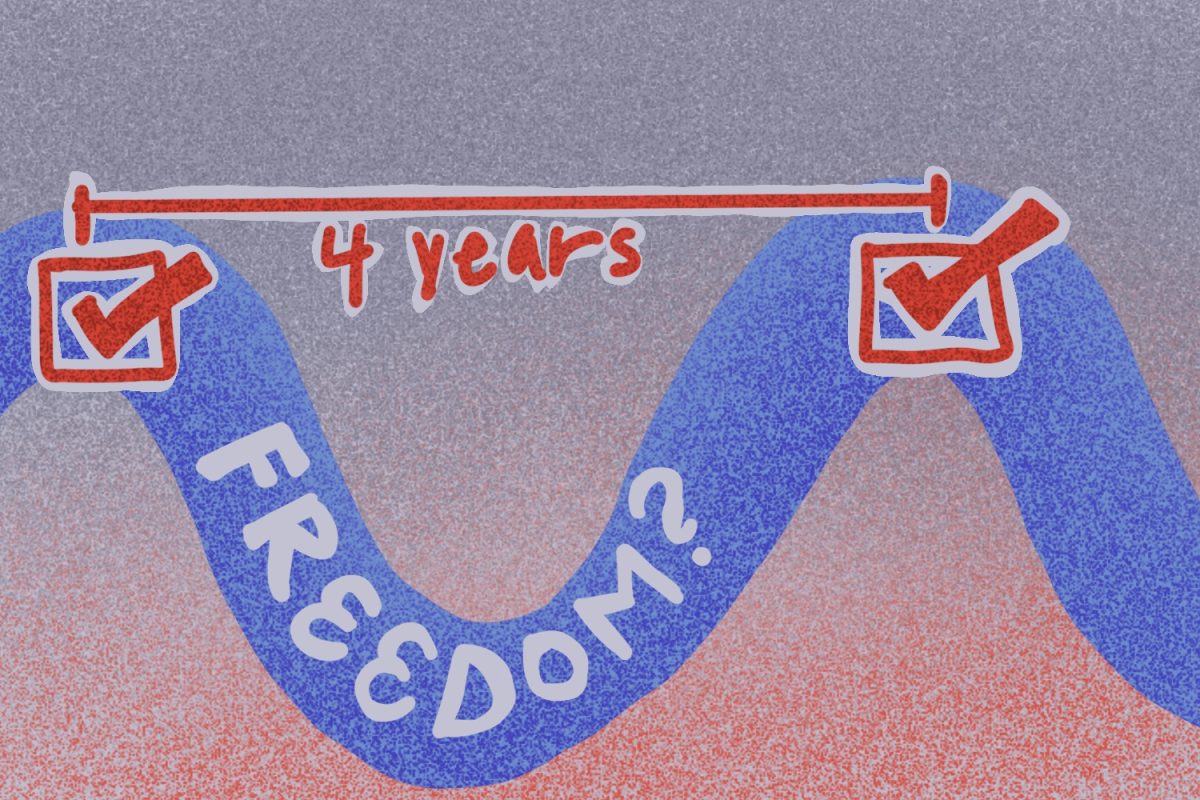During the sweltering New York City summer months, basketball players short and tall, of all races and all places, line up at the West 4th Street court referred to by all lovers of the game as The Cage. The Cage, which got its name due to impressive basketball talents along the likes of Kyrie Irving, Wilt Chamberlain and Kareem Abdul Jabbar, has raised some of the league’s greatest talents.
As crowds of players, young and old, talent scouts and locals from the neighborhood grip onto the metal fence surrounding the court, players gain a name for themselves. They earn street credit, respect and sometimes, a college scholarship.
The game of basketball acts as a unifying force. It can be seen as a bridge to another’s life experience, and it can be diversifying. In the game of basketball, all is fair. On the court, barriers are broken — the amount of practice you put in is directly proportional to your success in games. If you practice enough, you can get better and move up the ranks. This is similar to capitalism, as merit and hard work are supposed to result in upward social mobility.
Due to pervasive social inequality, succeeding at capitalism isn’t achievable to members of marginalized identities. But when one steps onto the court, he or she has power and controls the outcome of his or her game. For this reason, success is attainable and dependent on will. The game teaches timeless and necessary life skills such as grit, perseverance through pain, work ethic and patience. But for this reason, basketball becomes the American dream for youth who lack resources and support in other areas — further reproducing inequality.
Basketball acts as the American dream due to an overemphasis of sports in the inner city. In fact, according to the Journal of Blacks in Higher Education, up to 50 percent of black inner-city youth believe that they have a shot at making it to the NBA.
This overemphasis on sport most likely stems from a lack of hope in other areas, such as the multi-generational effects of structural racism and poverty on families, combined with low occupational aspirations resulting from impoverished and failing school systems. As the effects of social inequality manifest in schools, high aspirations in the classroom are replaced by a high aspiration in sports. As the sport becomes valued more and more by neighborhood inhabitants, talent in basketball warrants higher social status and is also viewed as salvation from poverty.
Writer and sociologist Jeffrey Montez de Oca claims that basketball may be viewed as more than a game because of the pervasive notion among inner-city youth that through “hard work and commitment” basketball can lead to upward social mobility.
As a basketball player myself, there is nothing I love more than the lessons that the game has given me. It is the overemphasis on basketball as the only way to achieve success that is quite dangerous. Young inner-city children are being taught that their role in school is to be an athlete. In reality, only a select few will actually make it. Eventually basketball becomes an unfulfilled promise, a dream deferred.
Of course, we need to invest in our schools and the lives of young people by fixing structural inequality and helping kids see that they can achieve upward mobility through their intellect if they please. But the world does not change overnight — the lessons learned from the game of basketball can shape character, bring happiness and community, provide mentorship and act as a path to academia if necessary. Sports, after all, can act as the great equalizer. It is up to society to decide how and in what ways. In the words of Nelson Mandela, “Sport has the power to change the world.”






















































































































